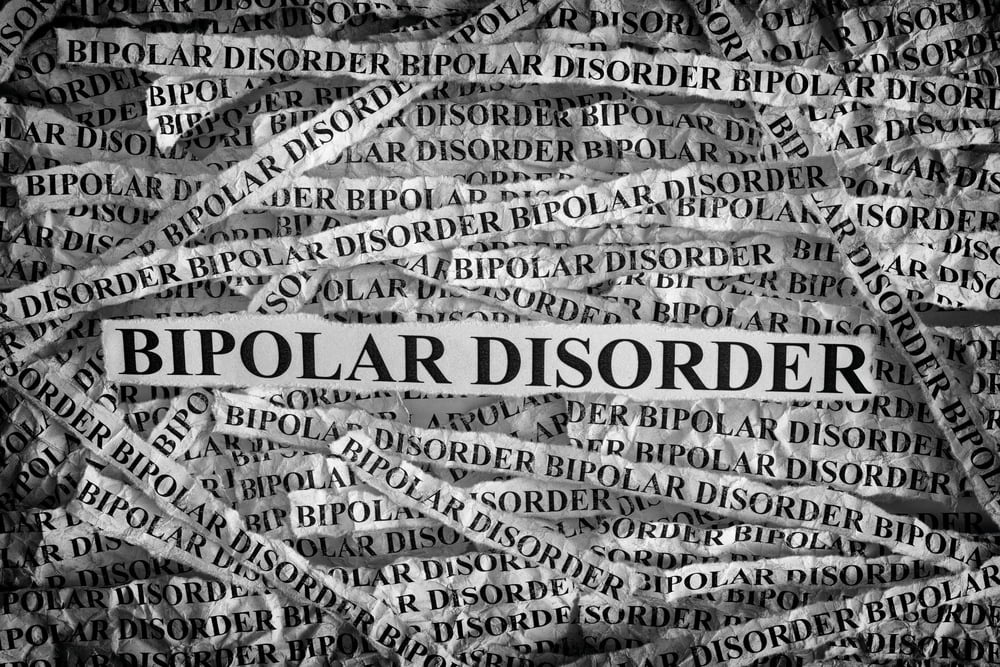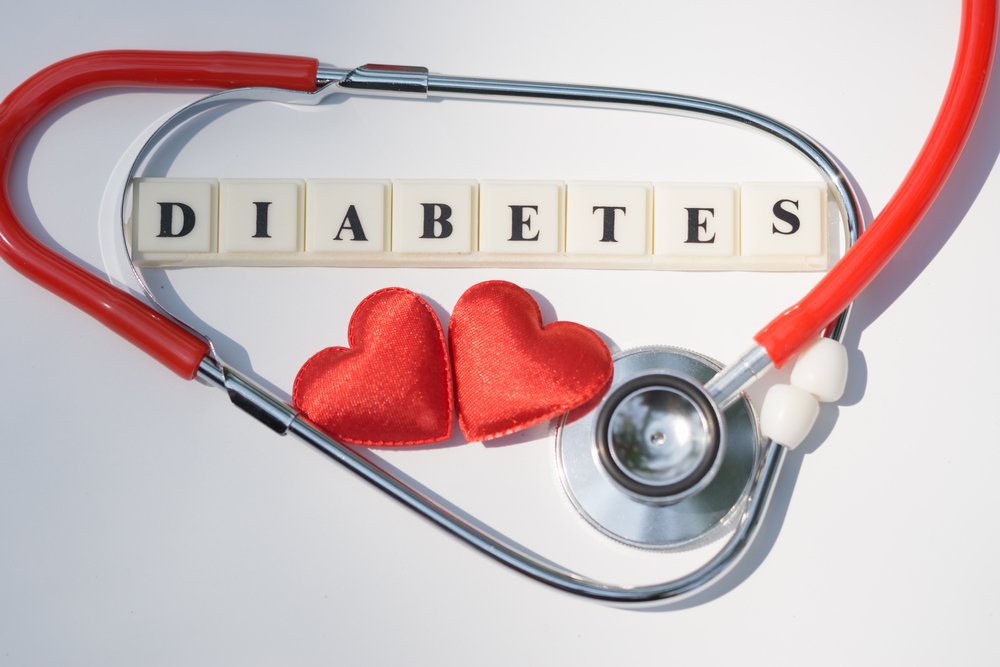Bipolar disorder is common and serious—it’s the 6th leading cause of disability worldwide, and as many as 1 in 5 people with bipolar disorder die by suicide. Standard treatments help, but side effects and incomplete symptom control are real. That’s why an emerging line of research is looking at nutrition—especially omega-3s EPA & DHA—as an adjunct to care.
The headline finding
At the ASCP 2020 meeting, Dr. Erika Saunders’ team reported that adults with bipolar disorder who followed a high-omega-3 / low-omega-6 diet for 12 weeks saw meaningful reductions in mood swings, energy surges, irritability, and pain—on top of their usual treatment—compared with a control diet reflecting typical U.S. intakes.
What changed in the diet?
-
More EPA/DHA-rich seafood (e.g., salmon, tuna); the control group ate more low-omega-3 fish.
-
Different cooking oils: the intervention used a macadamia + olive oil blend to lower omega-6 load.
Why might this help?
EPA & DHA:
-
Integrate into neuronal membranes, influencing flexibility and signaling.
-
Serve as precursors to inflammation-resolving mediators, which may steady mood biology.
-
Help rebalance omega-6 : omega-3 competition that can tilt pathways toward inflammation.
This was an adjunct strategy—not a replacement for medication or therapy. Always coordinate changes with your clinician.
Bipolar basics (quick refresher)
-
Bipolar I: at least one full manic episode (often with major depression).
-
Bipolar II: hypomanic episodes plus major depression, no full mania.
-
Cyclothymia: chronic, milder swings for ≥2 years (≥1 year in youth).
How this fits with broader mental-health evidence
-
A World Psychiatry meta-review of RCTs found strong evidence for omega-3s as an add-on for major depression; smaller benefits for ADHD.
-
ISNPR guidelines suggest, for depression adjunct care, 1–2 g/day of net EPA (either pure EPA or EPA:DHA formulas with >2:1 EPA), with attention to product quality and tolerability—decisions best made with a prescriber.
Practical ways to try a high-omega-3 / lower-omega-6 pattern
-
Aim for seafood 2–3×/week (salmon, sardines, herring, trout, anchovies).
-
Swap oils: favor olive/avocado/macadamia; scale back high-omega-6 seed oils (corn, soybean, sunflower).
-
Consider supplementation if diet falls short—EPA-forward formulations are often used in mood research (discuss dose, interactions, and monitoring with your clinician).
-
Personalize it: a simple blood test (the Omega-3 Index) can help you “measure-modify-monitor.” Many experts target 8–12% in general wellness research.
Bottom line
For people living with bipolar disorder, shifting the fat pattern toward higher EPA/DHA and lower omega-6—alongside standard care—showed improvements in mood stability and related symptoms over 12 weeks. It’s a low-risk, food-first strategy worth discussing with your care team, especially when tailored with lab feedback.




